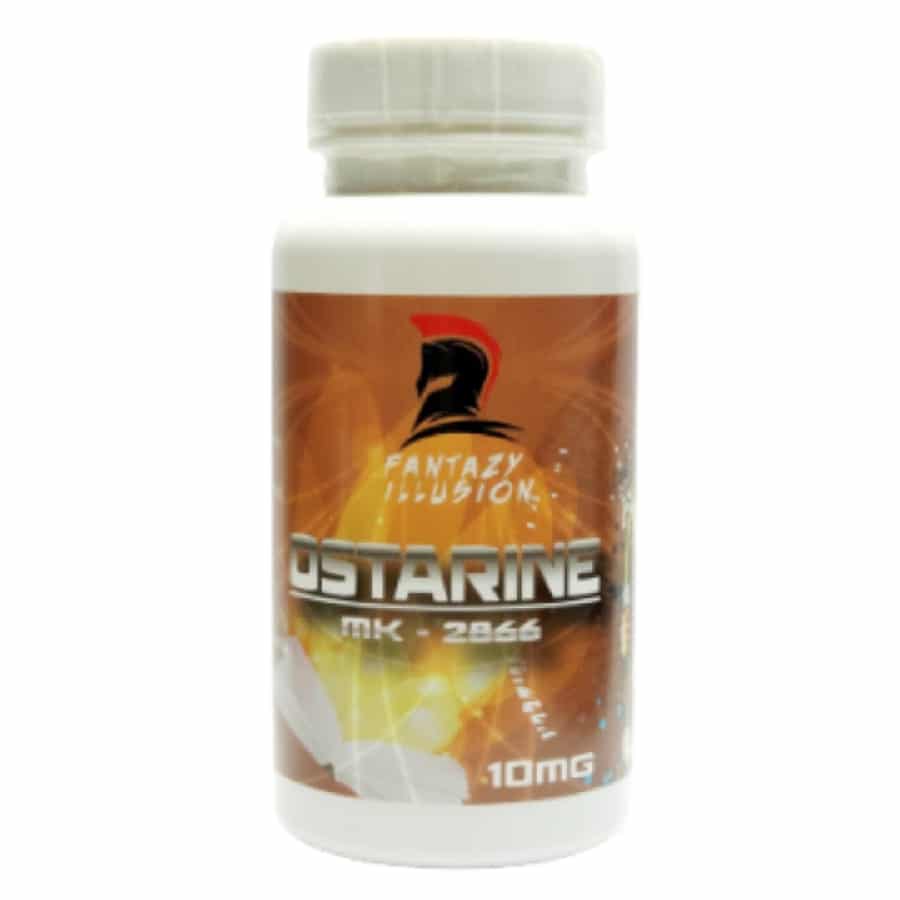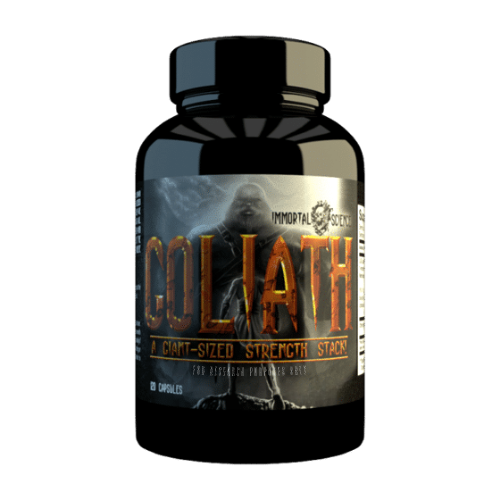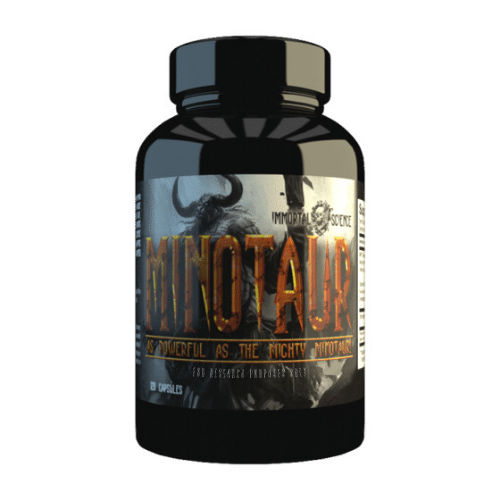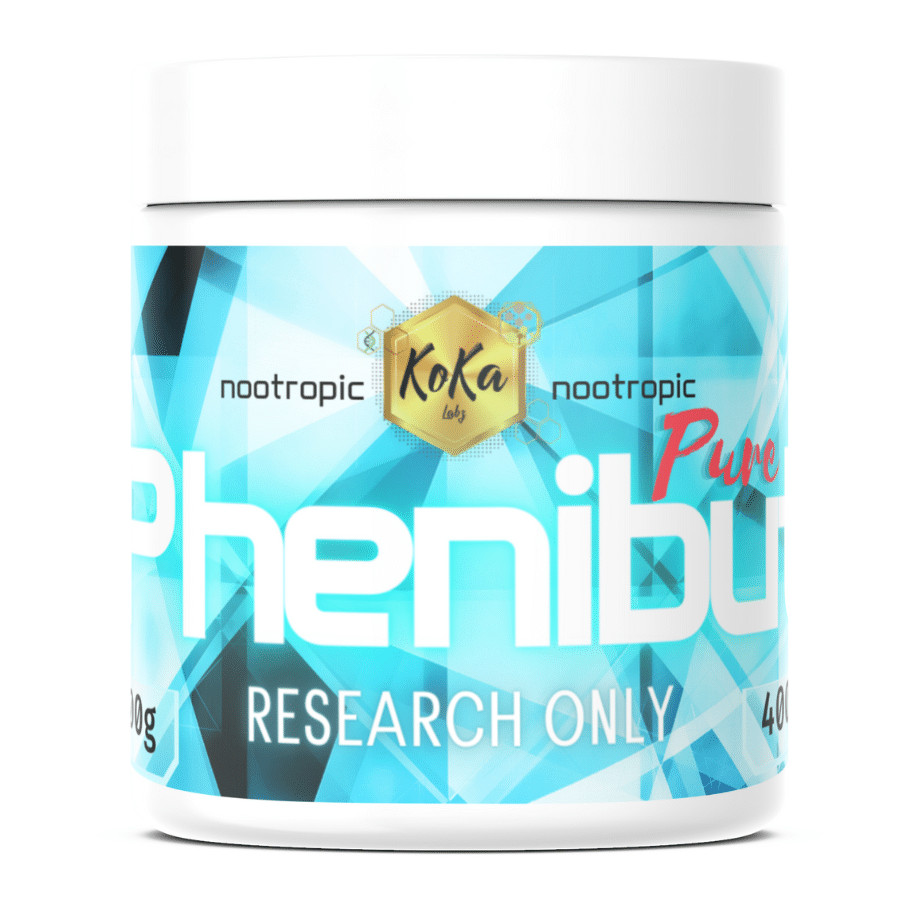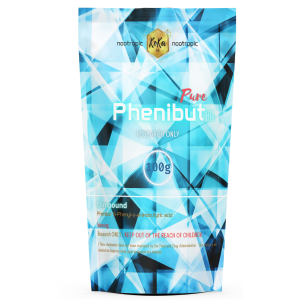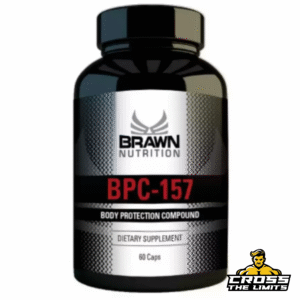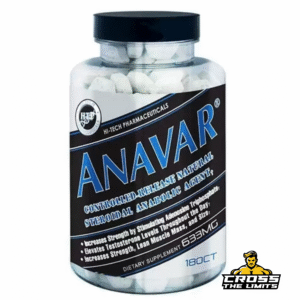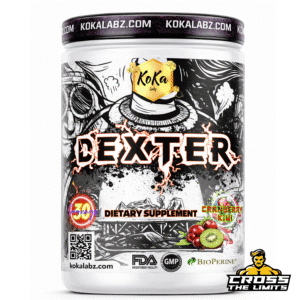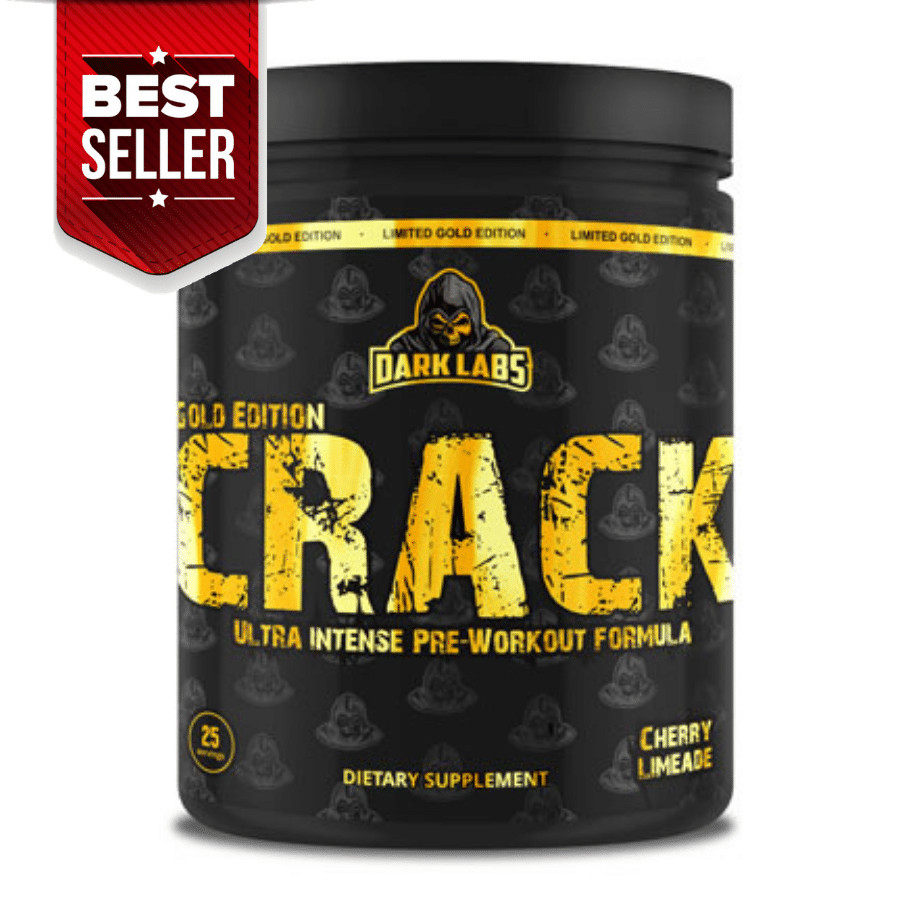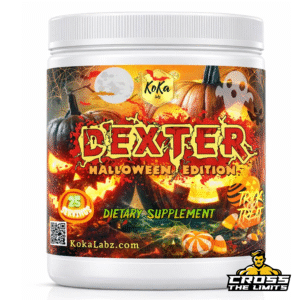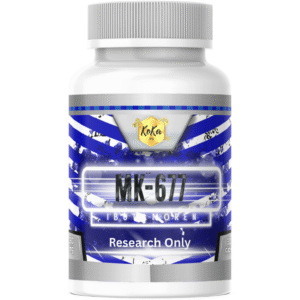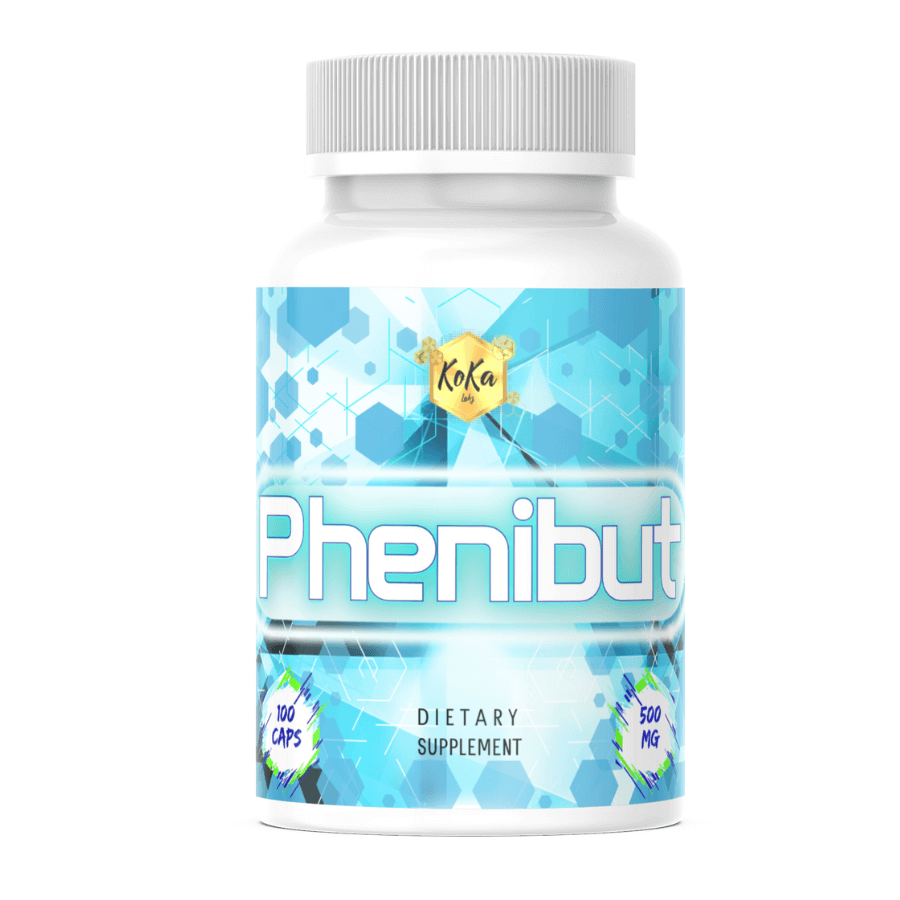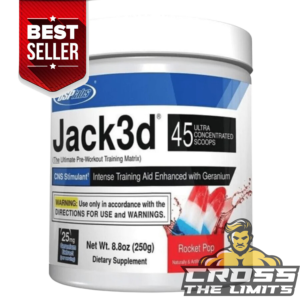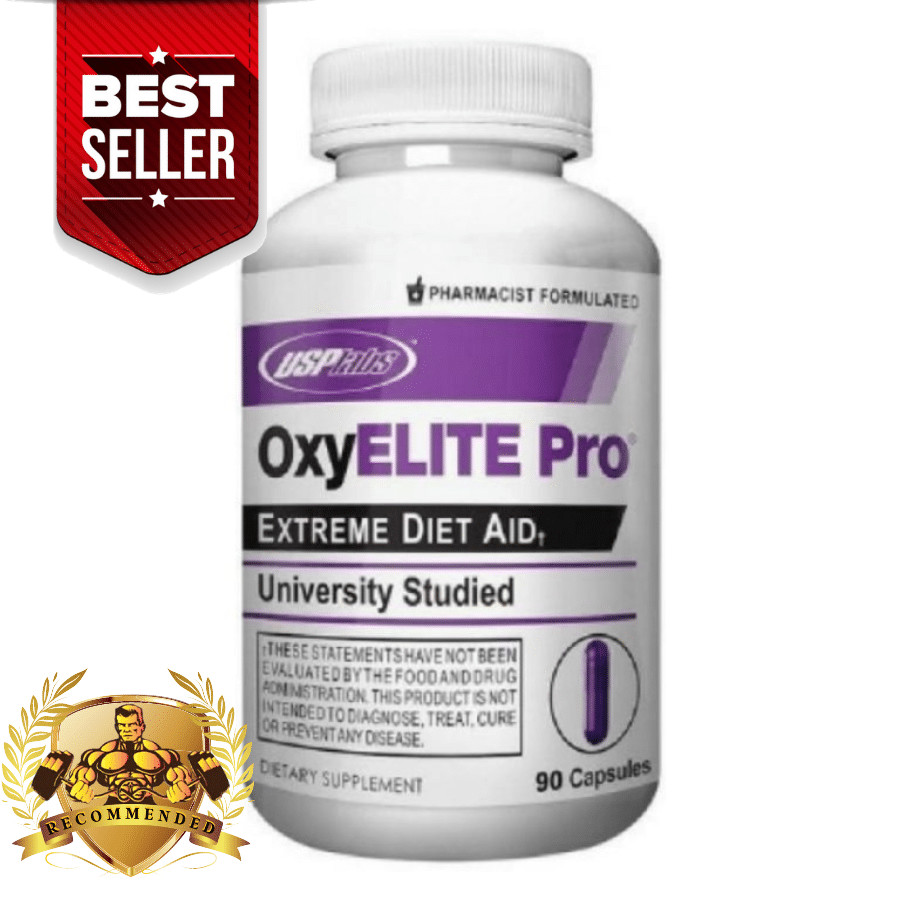In addition to providing a burst of energy, pre-workout supplements can also help improve blood flow and nutrient delivery to the muscles, enhancing performance and recovery. Some pre-workout supplements contain ingredients such as B vitamins, crucial in energy metabolism, and amino acids like taurine, which can help improve exercise performance and reduce muscle soreness. It’s essential for athletes to carefully read the labels of pre-workout supplements and choose products that are backed by scientific research and free from any banned substances.
Protein Supplements for Muscle Recovery and Growth
Protein is an essential nutrient for muscle recovery and growth, making protein supplements popular for athletes looking to support their training and performance. Protein supplements come in various forms, including whey protein, casein protein, and plant-based protein powders, and are often used to help athletes meet their daily protein needs and support muscle repair and growth. Whey protein is one of the most popular protein supplements, as the body quickly absorbs it and contains all the essential amino acids needed for muscle protein synthesis.
In addition to providing a convenient source of high-quality protein, protein supplements can help athletes meet their increased protein needs during intense training or competition periods. Consuming protein supplements after exercise can help promote muscle recovery and reduce muscle soreness, while consuming protein throughout the day can help support muscle growth and repair. Some protein supplements contain added ingredients such as branched-chain amino acids (BCAAs) or digestive enzymes, which can further support muscle recovery and improve protein absorption. Athletes should aim to consume protein supplements as part of a well-balanced diet that includes a variety of protein sources, such as lean meats, dairy products, eggs, and plant-based proteins.
Creatine for Strength and Power
Creatine is a naturally occurring compound found in small amounts in certain foods, such as red meat and fish, and is also produced by the body. It plays a vital role in producing adenosine triphosphate (ATP), the primary energy source for muscle contractions during high-intensity exercise. Creatine supplements are commonly used by athletes looking to improve strength, power, and muscle mass, as they can help increase the body’s stores of creatine and enhance its ability to produce ATP during exercise.
Research has shown that creatine supplementation can help improve strength and power output during resistance training and high-intensity exercise, making it a popular choice for athletes looking to enhance their athletic performance. Creatine supplements are often taken in a loading phase followed by a maintenance phase, where athletes consume higher doses of creatine for a short period to saturate their muscles with creatine, followed by lower doses to maintain elevated creatine levels. Athletes must stay hydrated while taking creatine supplements, which can cause the body to retain water.
BCAAs for Endurance and Muscle Preservation
Branched-chain amino acids (BCAAs) are a group of essential amino acids that include leucine, isoleucine, and valine, which play a crucial role in muscle protein synthesis and energy production during exercise. BCAA supplements are commonly used by athletes looking to improve endurance, reduce muscle fatigue, and preserve muscle mass during intense training or competition. Research has shown that BCAA supplementation can help reduce muscle soreness and damage following exercise, improve exercise performance and delay fatigue.
BCAAs are particularly beneficial for endurance athletes such as runners, cyclists, and triathletes, as they can help preserve muscle glycogen stores and reduce the breakdown of muscle tissue during prolonged exercise. BCAA supplements are also commonly used by athletes training in a fasted state or following a low-calorie diet, as they can help prevent muscle breakdown and support recovery. In addition to their role in muscle preservation and energy production, BCAAs have also been shown to support immune function and reduce exercise-induced inflammation. Athletes should aim to consume BCAA supplements before or during exercise to maximize their benefits.
Omega-3 Fatty Acids for Joint Health and Inflammation
Omega-3 fatty acids are a group of polyunsaturated fats crucial in supporting overall health and reducing inflammation. They are commonly found in fatty fish such as salmon, mackerel, and sardines, as well as in flaxseeds, chia seeds, and walnuts. Omega-3 fatty acid supplements are often used by athletes looking to support joint health, reduce exercise-induced inflammation, and improve recovery following intense training or competition.
Research has shown that omega-3 fatty acids can help reduce joint pain and stiffness in athletes with arthritis or overuse injuries and improve joint function and mobility. Omega-3 fatty acids have also been shown to reduce inflammation by inhibiting the production of pro-inflammatory molecules called cytokines, which can contribute to muscle soreness and fatigue following exercise. In addition to their anti-inflammatory effects, omega-3 fatty acids have been shown to support cardiovascular health, brain function, and immune function.
Conclusion and Recommendations for Athletes
In conclusion, athletic performance supplements can provide athletes with various benefits to support their training, recovery, and overall athletic performance. From pre-workout supplements that provide energy and focus to protein supplements that support muscle recovery and growth, numerous options are available to athletes looking to enhance their performance. Creatine supplements can help improve strength and power output during resistance training, while BCAA supplements can improve endurance and preserve muscle mass during intense exercise. Omega-3 fatty acid supplements can support joint health and reduce inflammation.
When choosing athletic performance supplements, it’s essential for athletes to carefully read the labels and choose products that are backed by scientific research and free from any banned substances. Athletes should also aim to consume supplements as part of a well-balanced diet that includes a variety of nutrient-dense foods such as lean proteins, fruits, vegetables, whole grains, and healthy fats. It’s also essential for athletes to consult with a healthcare professional or registered dietitian before starting any new supplement regimen to ensure it is safe and appropriate for their individual needs. By incorporating athletic performance supplements into their training regimen safely and responsibly, athletes can maximize their potential for success on the field or in the gym.




